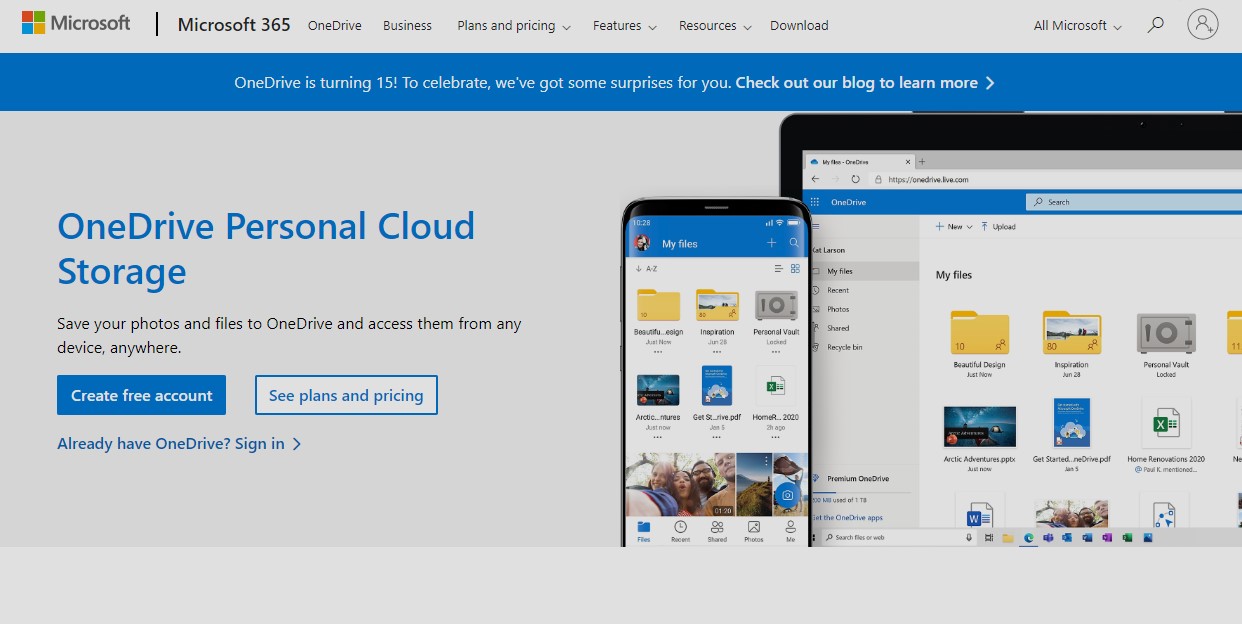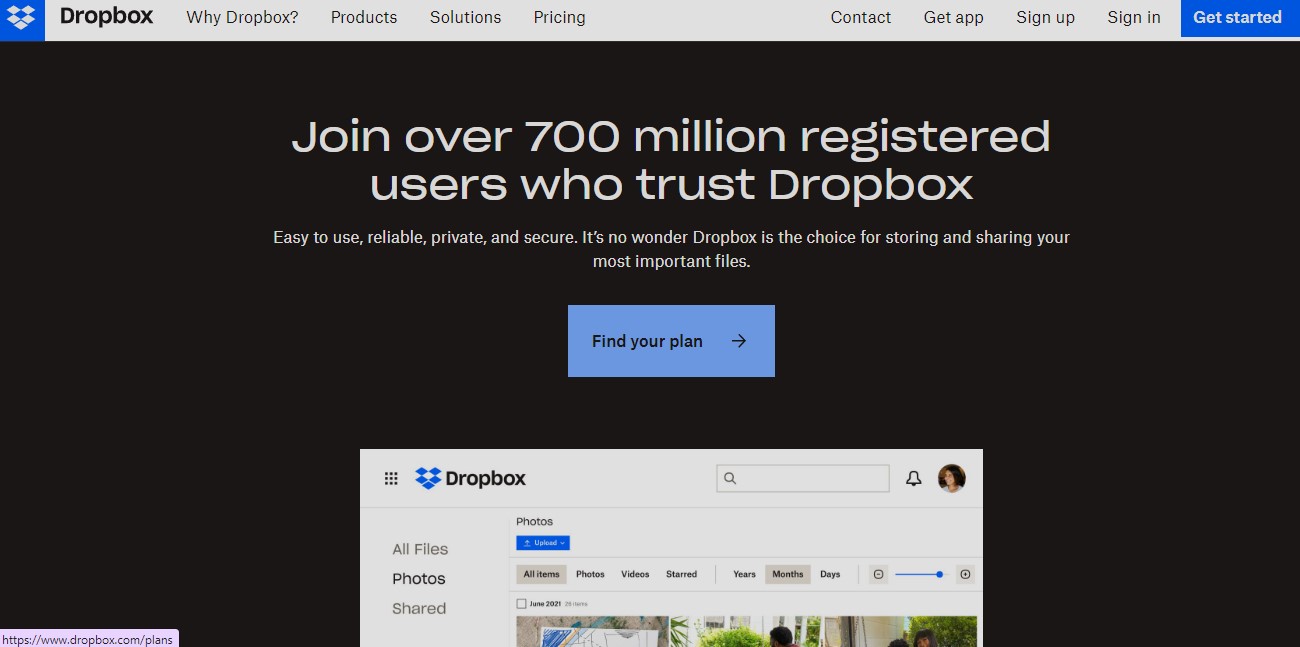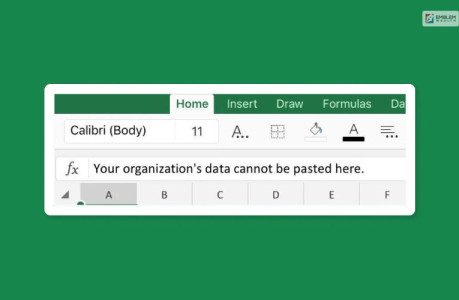Benefits Of Google Drive Alternatives

Google Drive’s astonishing milestone of connecting 1 billion users and executing over 5 billion installs is a testament to its popularity and success.
Thousands of organizations worldwide rely on this feature-rich service for their cloud storage needs, unlocking immense possibilities with its fast and easy-to-use platform.
While it proves to be an ideal option for many companies, businesses can also consider alternatives when deciding what type of storage would best meet their needs. After evaluating each platform in terms of efficiency, safety, security, and scalability, businesses can determine which cloud storage solution is most suitable.
Here Are Top Three Google Drive Alternatives & Their Benefits:
This guide will discuss some popular Google Drive alternatives and their benefits for different businesses.
1. OneDrive

Image Source: https://www.microsoft.com/en-us/microsoft-365/onedrive/online-cloud-storage
One of the most popular alternatives to Google Drive is OneDrive. Its cloud storage system has revolutionized how businesses store and share data. The platform allows users to access, collect, and transfer information, whether large or small.
Moreover, as an application supported across multiple platforms, OneDrive is accessible to a broader user base. Its use of folder structures to sort out items from different departments provides further convenience by enabling easier data tracking.
In addition, OneDrive can also be integrated with MS Office applications, making it even easier for users to be productive. One particular advantage of using it is that files can be saved remotely without wasting valuable memory on physical systems like laptops and computers.
Furthermore, its automatic transfer system ensures all files are shared safely and securely with real-time tracking features, so nothing gets lost in the process.
For businesses and teams that require a solution for large-scale file sharing or heavy-duty storage, OneDrive is the trusted choice. Flexible and intuitively easy to use, this cloud platform simplifies collaboration in an increasingly virtual workforce. Syncing can also become straightforward, as files are accessible across multiple devices from anywhere at any time.
Security options, such as two-factor authentication, ensure the data is safe yet shareable, especially in a work capacity. Designed with user experience in mind, OneDrive offers a reliable way for businesses and teams to coordinate and work on essential documents, quickly share information, and securely manage and access their content.
2. Dropbox

Image source: https://www.dropbox.com/
The second alternative that companies can consider is Dropbox. The transparency of the interface makes Dropbox an accessible tool for teams, mainly when working remotely. Not only is it understandable and efficient in its usage, but it also gives users peace of mind knowing the security measures to keep their data safe physically and online.
What makes Dropbox exciting is that documents can be easily shared, and multiple versions of the same file can be stored if needed, giving users a great deal of control over their records.
With this platform, businesses can organize files, compare notes and share the client’s notes on their team. With Dropbox Business, teams can collaborate virtually from anywhere, regardless of their physical location. Employees don’t need to use physical storage for their data, as the cloud storage system provides them with secure access at all times.
By utilizing this technology, companies can organize their data without difficulties or worries about where their documents are located.
On the other hand, while being applauded for its collaboration features, it has been considered too expensive for small-scale companies. Additionally, its need for new user search technology is a concern, as Dropbox’s Paper platform is limited in formatting and capabilities. However, the platform is ideal for large-scale firms with remote teams.
3. FileCloud

Image Source: https://www.filecloud.com/
FileCloud enables customers to trust their data and files with the built-in security technology, meaning they no longer have to feel insecure or unsafe. Integrating Outlook and mobile applications into your workspace is straightforward and efficient.
It also provides an outstanding Windows client, making it easy to assign drive letters. Consequently, users can access their essential data quickly whenever they need it.
FileCloud is an excellent choice for many organizations, providing a two-factor authentication system that seamlessly applies to their business and its external contacts.
Moreover, the virtual machine’s performance is top-notch, as storage can be allocated freely at no extra charge. This makes it an invaluable asset for supplying documents to a far reach of people without any need for physical shipping.
With FileCloud, users can securely upload unlimited files to the cloud. The platform is designed to provide maximum reliability for users and allows for peace of mind knowing that all your essential data is safe and secure in their system.
Wrapping Up
Overall, Google Drive is an excellent online file-sharing and storage tool. However, if firms are looking for a more custom solution or a platform that better fits their needs, OneDrive, FileCloud, and Dropbox are all great alternatives.
Each offers different benefits and features, so companies must determine the best one. No matter what alternative a business chooses, it will help provide online storage and make collaboration easy.
Read Also:


























Leave A Reply